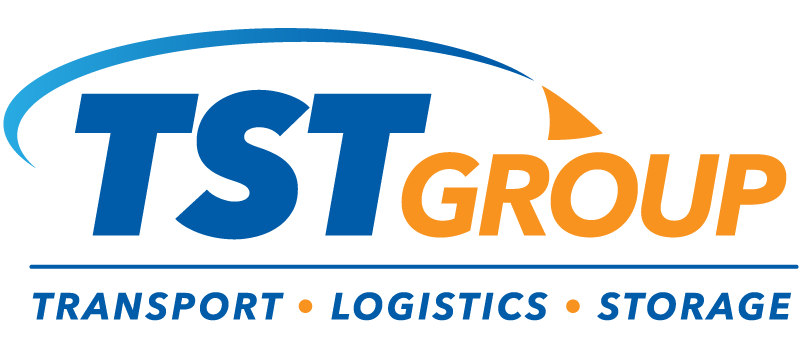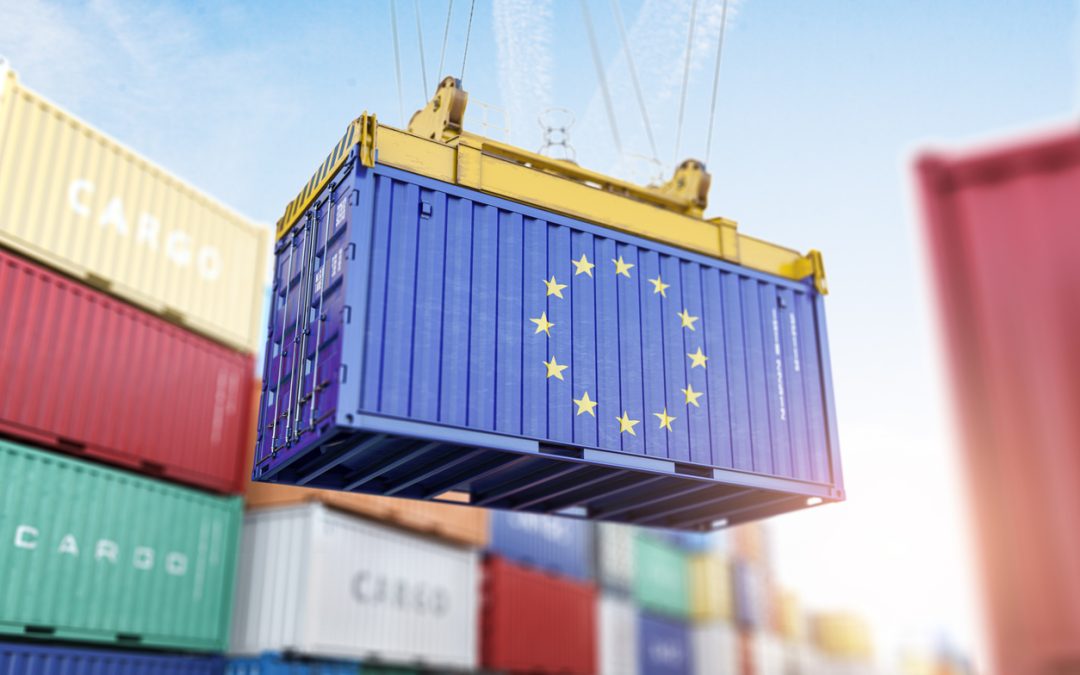Changes to the Windsor Framework
The Windsor Framework introduces significant changes to customs procedures for goods moving between Great Britain (GB) and Northern Ireland These updates, effective from 30th September 2024, streamline the process, introducing a dual-lane system to differentiate between goods destined for Northern Ireland and those bound for the European Union (EU). Below, we outline the key changes and what they mean for businesses and consumers.
Any customer wanting to move goods under the Green Lane; goods staying in the UK, MUST have an XI EORI number and MUST register for UKIMS.
Without registering for UKIMS, goods will need to be processed under the red lane i.e. EU duty and VAT applicable.
Non-compliance
Companies registered under UKIMS and whose goods move into the EU, are at risk of breaching their UKIMS authorisation resulting in fines and the removal of the authorisation.
Please note, that the information supplied in this document concerning changes being implemented by HMRC is intended to help businesses prepare in advance of the September deadline and is based on discussion and advice at British International Freight Association (BIFA) meetings, the considerable experience of our specialised customs team and what has been announced thus far by HMRC.
We are waiting for an official update from HMRC
Goods Classification and Customs Declarations
Categories of Goods:
- Green Lane: For goods staying within Northern Ireland. These goods will benefit from reduced checks and simplified declarations, focusing on commercial data sharing through internal systems rather than full international customs requirements.
- Red Lane: For goods moving on to the EU. These goods will require full customs declarations and will be subject to comprehensive EU regulatory checks.
Simplified Declarations:
- Green Lane Goods: Businesses using the green lane will experience simplified customs procedures. The focus will be on providing commercial data to HMRC to ensure that goods remain within Northern Ireland and are not diverted into the Republic of Ireland or other EU countries. This approach reduces the risk of delays and minimises the administrative burden on businesses.
Parcels
Consumer Deliveries:
- GB to NI: Parcels sent for personal use will not require customs declarations. This simplifies the process for consumers and reduces the administrative workload for postal and courier services.
Business Parcels:
- Green Lane Rules: Parcels sent between businesses will follow the same rules as freight. While businesses must share commercial data with HMRC, detailed customs declarations are not required, easing the movement of goods.
Regulatory Alignment and Oversight
Regulatory Controls:
- The framework balances simplification with the necessary regulatory checks to protect both the UK and EU markets. Goods in the red lane will undergo full EU customs checks to prevent non-compliant goods from entering the EU.
Northern Ireland Retail Movement Scheme (NIRMS):
- This scheme, which began on 1st October 2023, facilitates the movement of retail goods—including food and agricultural products—from GB to NI. It reduces the paperwork and checks needed, making the process smoother for retailers.
Red Lane Customs
Customs Declarations:
- Full Documentation Required: Goods designated for the red lane must be accompanied by complete customs declarations, akin to those required for goods entering the EU from any third country. This includes detailed documentation on the nature, quantity, value, and origin of the goods.
Regulatory Checks:
- Compliance with EU Standards: Red lane goods will be subject to full regulatory checks, ensuring they meet all EU standards, including sanitary and phytosanitary (SPS) requirements for food and agricultural products.
Tariffs and Trade Agreements:
EU Tariffs: Applicable EU tariffs must be paid on red lane goods unless they qualify for preferential treatment under specific trade agreements or exemptions. Goods intended for processing in Northern Ireland, which could later be exported to the EU, will also fall under this category.These updates which are being implemented by HMRC are intended to simplify customs procedures by introducing a ‘Green Lane’ for goods moving from Great Britain to Northern Ireland that are not destined for the EU, easing trade and reducing paperwork. This framework helps maintain Northern Ireland’s place in the UK internal market while ensuring compliance with some EU regulations, thus avoiding a hard border with the Republic of Ireland.
Businesses should familiarise themselves with these changes, particularly the distinctions between the green and red lanes, to ensure compliance and take advantage of the simplified procedures where applicable.
For further details or specific queries, please contact our in-house customs experts via customs@tstgroup.uk
Important Notification From the EU regarding Irish EORI numbers.
In May 24, the EU Commission conducted a review of all Irish EORI numbers to ensure compliance with EU EORI legislation and from this, it has been noted that the majority of Irish EORIs are non-compliant as the postcode/Eircode have not been entered when registering.
We were advised by Revenue that in June 2024, Revenue contacted ALL registered Irish EORI holders to update their addresses to ensure compliance.
From1st September 2024, Commission Services will implement the validation of all EORI numbers on the ENS, AIS, Indirect Exports and Transits.
If applicable, please ensure that your Irish EORI is compliant as a matter of priority and in place by September 1st 2024.
The use of a non-compliant EORI Number will result in the rejection of declarations.
For further details or specific queries, please contact our in-house customs experts via customs@tstgroup.uk


Recent Comments